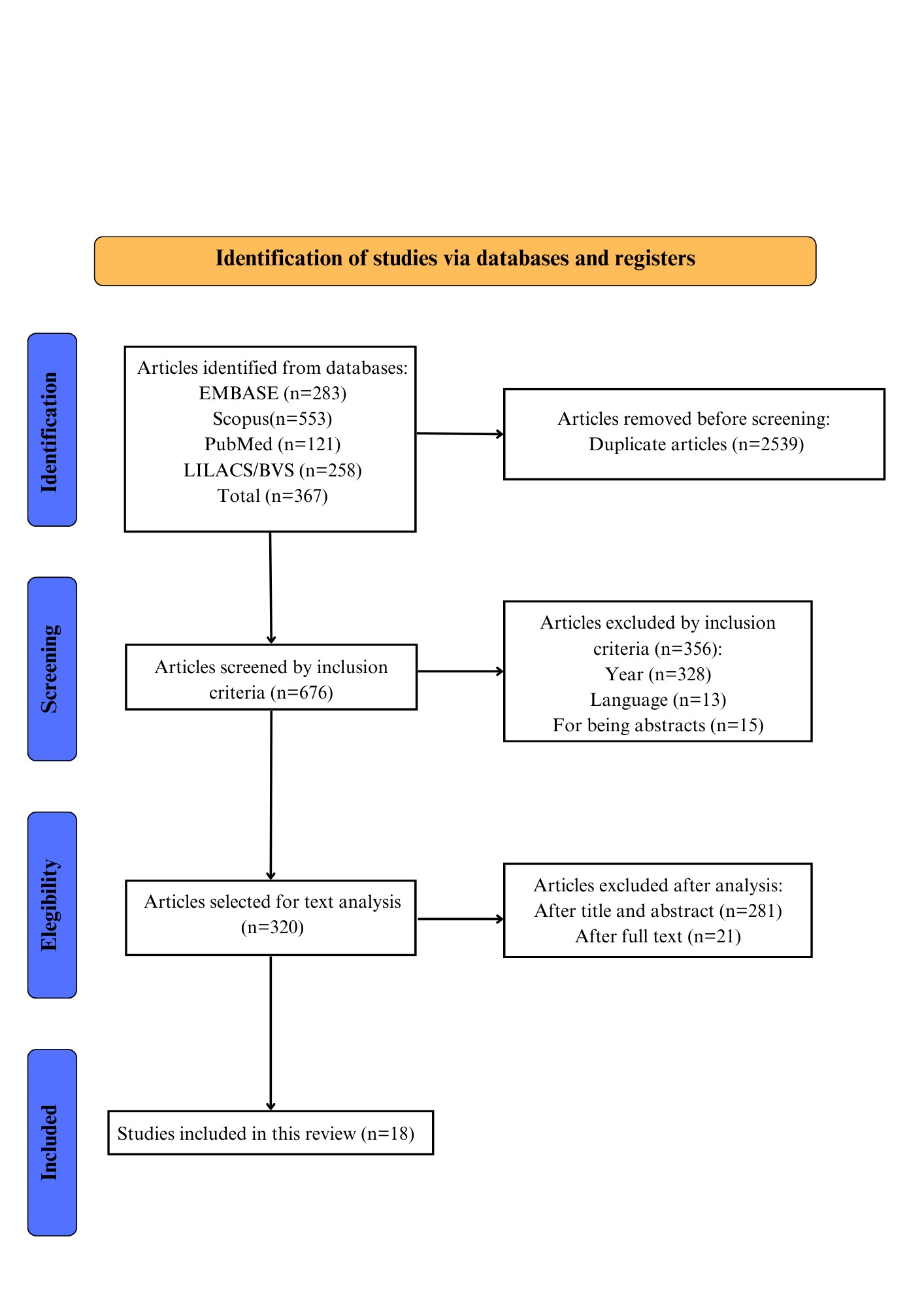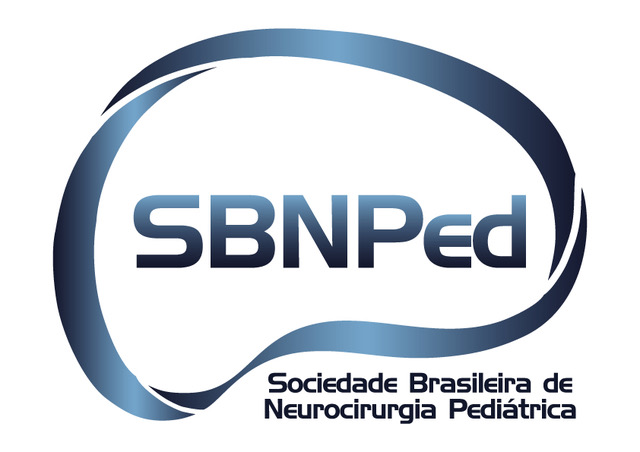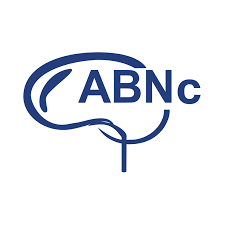The impact of neurosurgery on the neuropsychological development of patients with craniosynostosis: A scoping review
DOI:
https://doi.org/10.46900/apn.v6i3.271Keywords:
neuropsychological tests, craniosynostoses, neuropsychologyAbstract
Introduction: Neuropsychological assessment evaluates the cognitive profile by identifying deficits and enabling monitoring. At HRAC-USP, patients with craniosynostoses undergo this assessment due to impacts on neuropsychomotor development (DNPM). These conditions may cause cranial fusion, restricting brain growth and adversely affecting cognitive functions. Evaluation is crucial for guiding therapeutic and surgical approaches and ensuring better outcomes. Objective: To identify how surgical procedures impact the neuropsychological profile of patients with syndromic and isolated craniosynostoses through a scoping review.
Methodology: This scoping review was conducted in March 2024 using PubMed, Embase, BVS/Lilacs, and Scopus databases; 1,215 articles were found and 18 original articles (E1-18) in English were selected that addressed the question: "What is the impact of surgery on neuropsychological aspects in patients with craniosynostoses?"
Results: Studies on craniosynostosis highlighted the predominance of isolated cases (83.3%), with surgeries performed before one year of age associated with better cognitive outcomes. The cranial expansion technique (38.8%) was effective in non-syndromic cases, while cranial remodeling showed varied results. After surgery, there were overall improvements in DNPM, but also risks of language delay and motor deficits, especially in patients operated on at older ages. Conclusion: Surgery for craniosynostosis can improve neuropsychological outcomes, especially when performed early and with appropriate surgical techniques. More invasive procedures may lead to better outcomes, including increased Total Intelligence Quotient and better academic performance. It is crucial to consider such factors to optimize outcomes, reduce neurodevelopmental risks, and continuously monitor language and executive functions.
Downloads

Downloads
Published
Versions
- 2024-12-04 (2)
- 2024-09-01 (1)
How to Cite
Issue
Section
License
Copyright (c) 2024 Jéssica Luchi Ferreira, Igor José Nogueira Gualberto, Mariani da Costa Ribas, Michele Madeira Brandão, Cristiano Tonello

This work is licensed under a Creative Commons Attribution 4.0 International License.

When publishing in Archives of Pediatric Neurosurgery journal, authors retain the copyright of their article and agree to license their work using a Creative Commons Attribution 4.0 International Public License (CC BY 4.0), thereby accepting the terms and conditions of this license (https://creativecommons.org/licenses/by/4.0/legalcode).
The CC BY 4.0 license terms applies to both readers and the publisher and allows them to: share (copy and redistribute in any medium or format) and adapt (remix, transform, and build upon) the article for any purpose, even commercially, provided that appropriate credit is given to the authors and the journal in which the article was published.
Authors grant Archives of Pediatric Neurosurgery the right to first publish the article and identify itself as the original publisher. Under the terms of the CC BY 4.0 license, authors allow the journal to distribute the article in third party databases, as long as its original authors and citation details are identified.





























